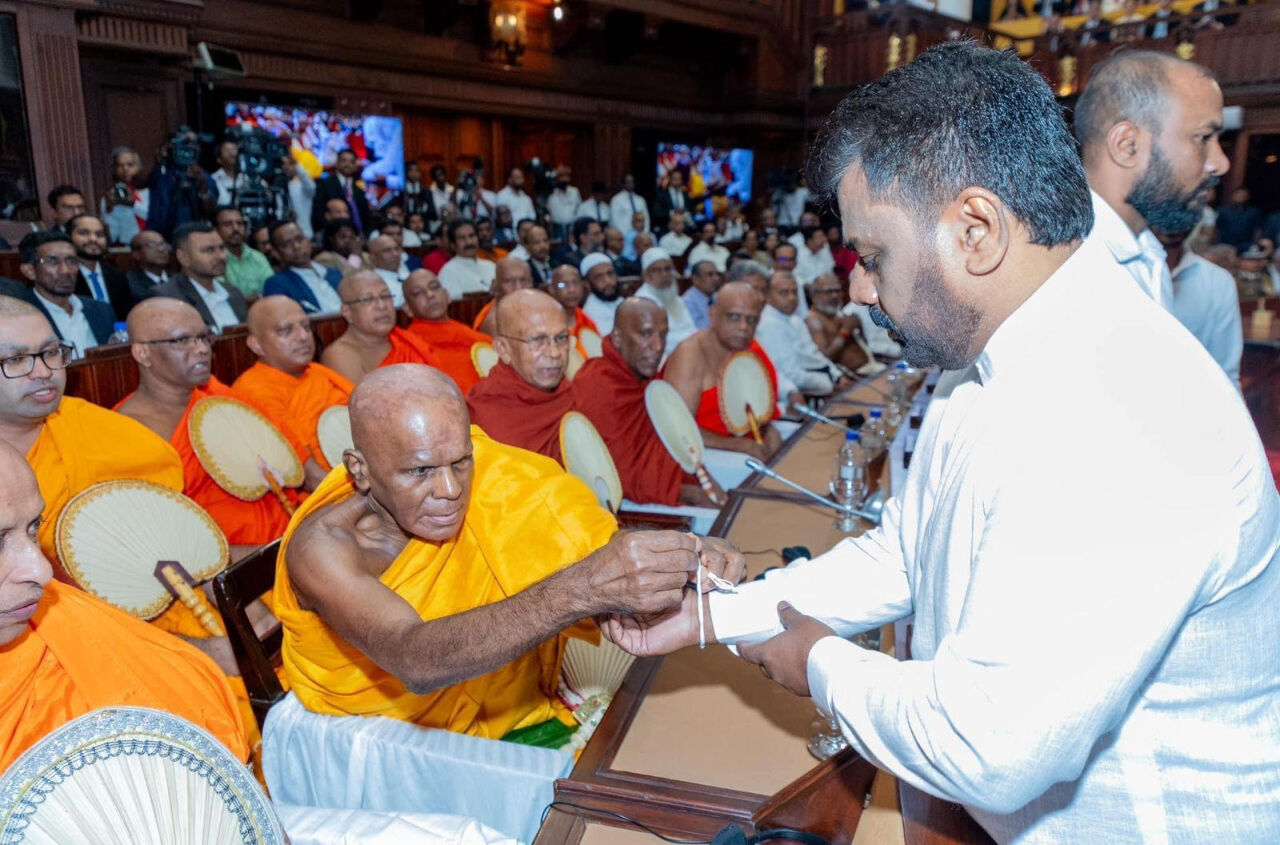Editorial
A longing to belong

Some fervent believers are and were secularists in this sense. Consider the founding fathers of the USA for instance. They separated church and state not because they were hostile towards religion, but because they did not want their various churches to become corrupted by politics. They were aware of the bloodshed Europe had suffered when political leaders tried to enforce their religious beliefs, relentlessly persecuting dissenters and even going to war.
The idea of separating state and religion may seem counter-intuitive at first glance as both make rules. They make different kinds of rules however. Religious rules are meant to guide the personal lives of believers and are geared to supernatural salvation. State rules, in contrast, are meant to facilitate peaceful co-existence in the daily lives of people who may have quite different backgrounds and religious principles, but must get along in society.
Belief is a subjective matter, and only the individuals concerned can tell whether they truly believe – and what kind of minor or major sin they may be willing to commit or condone. Misbehaviour in an earthly jurisdiction, in contrast, is an objective matter that affects others. Religious rules, when observed, give believers peace of mind. Secular rules, however, should be designed in a way that facilitates social life, focussing on reasonable and enforceable principles, but not emphasising morals.
While believers are free to accept for themselves whatever norms spiritual leaders stipulate, citizens must be free from clerics and others meddling in their private lives. Yes, a strong set of moral principles can give people a sense of personal discipline that helps them cope with challenges that might otherwise overwhelm them. Ultimately, however, this is a private, not a public matter.
Of course, the human right of freedom of speech applies to religious leaders too. Like every one else, they are entitled to argue their case in the public sphere and try to convince people. They must not assume, however, that they are the ones to ultimately define laws in this world, nor must they demonise whoever disagrees with them. To demonise is to de-humanise and spread hate.
Religious leaders who insist that everyone, believer or not, must follow their doctrine overstep their authority. No elaborate theology will ever impose its standards on non-believers. It will always leave after-life punishment to the Devine.
The sad truth, however, is that no religion is immune to identity politics, and identity politics can spawn intolerant, even supremacist attitudes. Ethnicity, race and language are often instrumentalised in similar ways. In many places, such issues overlap. Things become dangerous when identity politics instils a strong sense of “us versus them” in society. One consequence of crises and fast social change, however, is that people long to belong, and become susceptible to identity politics. Faith-based identity politics, however, is always more about politics then the faith.
All world religions emphasise peace, and any faith is soiled by fanatics who resort to violence in its name. True believers don’t call to arms. Whether Christian, Muslim, Hindu or other, they trust that the Devine is in charge of their lives.













